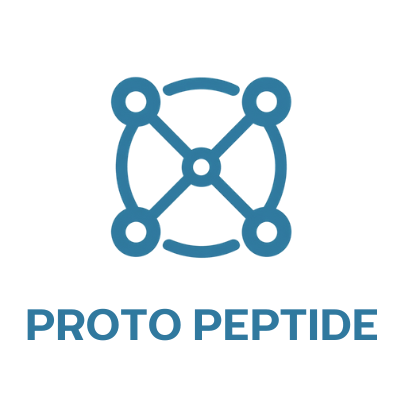GLP-1 Receptor Agonists: A New Frontier in Addiction Treatment
Glucagon-like peptide-1 (GLP-1) receptor agonists, such as semaglutide (Ozempic, Wegovy) and tirzepatide (Mounjaro), have garnered attention for their efficacy in managing type 2 diabetes and promoting weight loss. Recent research, however, suggests these medications may also play a significant role in treating various addictive behaviors, including alcohol, nicotine, and food addiction. [source], [source]
Understanding GLP-1 Receptor Agonists
GLP-1 is a hormone released in the gut that influences insulin secretion, appetite regulation, and gastric emptying. GLP-1 receptor agonists mimic this hormone, enhancing its effects to improve blood sugar control and promote satiety. Beyond metabolic benefits, these medications have shown promise in modulating the brain's reward pathways, which are implicated in addiction.
Impact on Addictive Behaviors
Emerging studies indicate that GLP-1 receptor agonists may reduce cravings and consumption of addictive substances:
- Alcohol Use Disorder (AUD): Preclinical studies have demonstrated that GLP-1 receptor activation can decrease alcohol intake and reduce alcohol-induced dopamine release in the brain. These effects suggest a potential therapeutic avenue for AUD treatment. [source]
- Nicotine Addiction: Observational data from the U.S. Department of Veterans Affairs indicate that GLP-1 receptor agonist use is associated with a reduced risk of nicotine use disorders, highlighting their potential in smoking cessation strategies. [source]
- Food Addiction: GLP-1 receptor agonists' appetite-suppressing properties may help individuals struggling with food addiction by reducing the reinforcing effects of food-related cues and promoting healthier eating behaviors. [source]
Clinical Implications and Future Research
While the preliminary findings are promising, clinical trials are necessary to establish the efficacy and safety of GLP-1 receptor agonists in addiction treatment. Current research is exploring optimal dosing regimens, patient selection criteria, and long-term outcomes to better understand how these medications can be integrated into addiction treatment protocols.
Disclaimer
This content is intended for informational and educational purposes only and is not intended to promote or sell any product. It is not a substitute for professional medical advice, diagnosis, or treatment. Always consult with a qualified healthcare provider before starting any new supplement or research compound. The statements provided have not been evaluated by the FDA or Health Canada and are subject to change as scientific understanding evolves.
